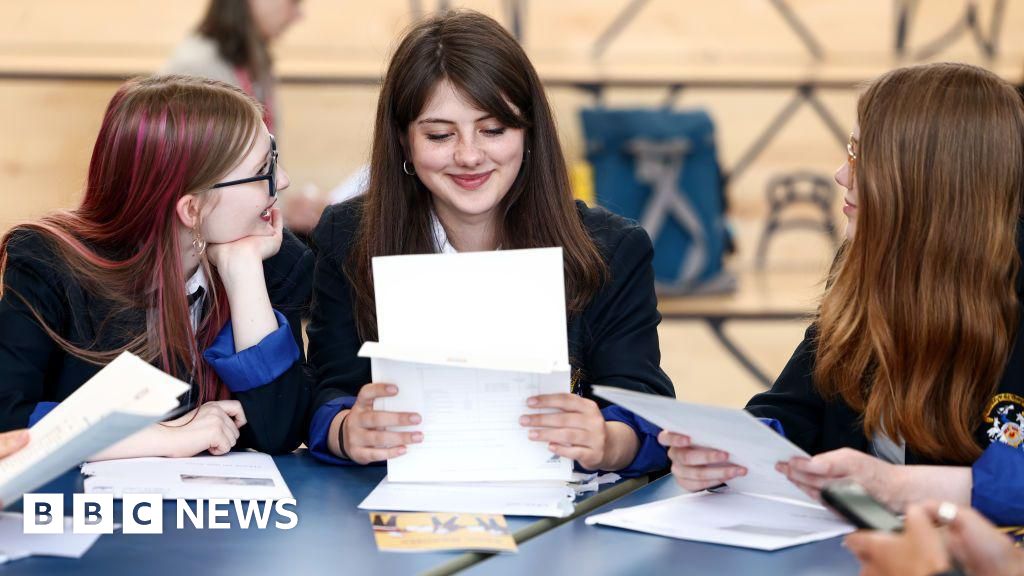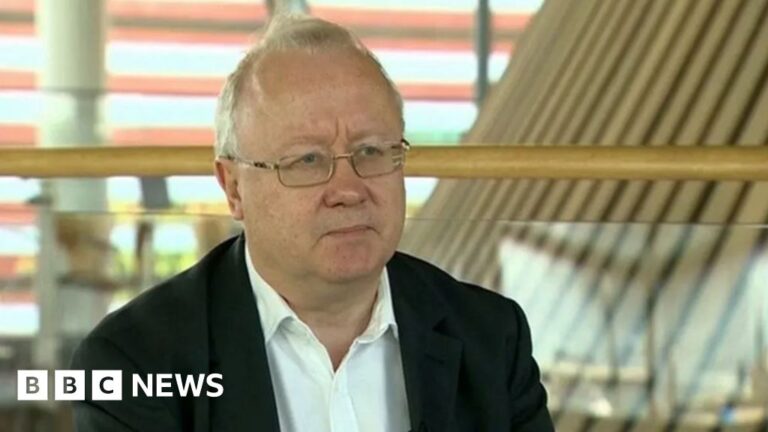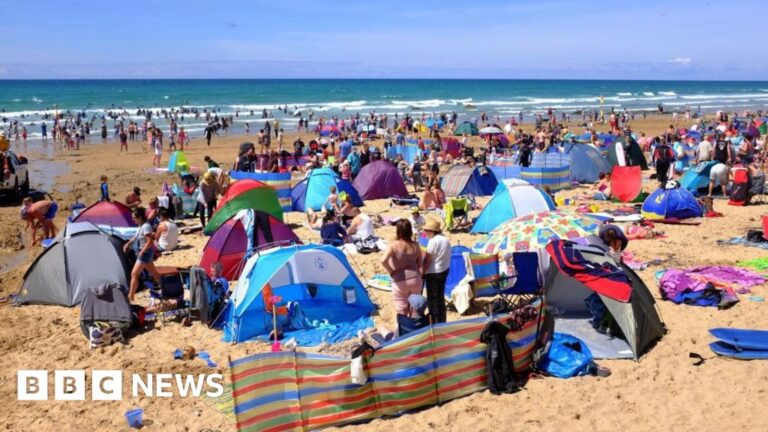About 147,000 pupils across Scotland will soon receive their exam results.
Pupils in Scotland receive their results on Tuesday 5 August.
The results cover Nationals, Highers and Advanced Highers, as well as the more vocational National Progression Awards, Skills for Work Awards, and National Certificates.
The results are sent out by first-class post but many students have opted to receive their grades digitally.
Text messages and emails are due to be sent to candidates who had an activated MySQA account from 08:00 onwards.
Last year, there were some delays to text results and some pupils receiving blank emails.
The problem led to an anxious wait for some but was quickly rectified.
If you have opted to receive your results by post, it will depend on when your mail normally arrives.
Courses at National 5, Higher, and Advanced Higher are graded A-D.
National 2, National 3, and National 4 courses are not graded — the units that make up these courses are assessed as pass or fail.
Grade boundaries vary from year to year and the exact percentages for 2025 won’t be published until results day.
However, the SQA sets initial grade boundaries for their assessments at 50% for a C, 70% for an A, and 85% for an Upper A.
These boundaries are the starting point for deciding the final grade boundaries each year.
A grade D is a pass.
If you receive a grade D result this usually means you scored between 40 and 49% in the course assessment.
Candidates who score less than 40% are not awarded a national course and will receive a no award result.
The number of pupils achieving an A, B or C grade at National 5, Higher and Advanced Higher was down across the board last year.
The Higher A-C attainment dropped from 77.1% in 2023 to 74.9%, while the A-C attainment for National 5 exams fell from 78.8% in 2023 to 77.2%.
The biggest drop in A-C grades came from Advanced Highers, which fell from 79.8% in 2023 to 75.3%.
The SQA noted that there had been different approaches to awarding in each year since 2019 which did not allow for “meaningful conclusions to be drawn on changes in education performance”.
There is lots of support available if you don’t get the results you are hoping for.
The SQA’s candidate advice line can be reached on 0345 279 1000.
It will open at 08:00 on results day and will stay open until 18:00.
It will then be available from 08:30 until 17:00 on Wednesday, Thursday and Friday.
Guidance staff at your school will also be on hand to provide help.
If you have a conditional offer for university or college that you don’t meet, you can apply to Ucas’ clearing process which is used by universities and colleges to fill empty places.
Skills Development Scotland (SDS), the agency which supports training and skills for work, will also operate an advice line from 5 to 8 August.
If you need help and advice about the next steps in your career or education or if you didn’t get the results you hoped for you can phone the SDS results helpline number on 0808 100 8000.
Yes, and every year thousands of pupils do.
Before anyone sits an exam their school, college or training centre submits estimated grades for every candidate to the SQA.
If you don’t think your grade is correct, you should first talk to your school or college.
It will contact the exam board on your behalf and ask for your marks to be reviewed.
You can also submit your own appeal.
Appeals will be subject to a marking review – a check that marks have been added up and submitted correctly and a check that the marking meets the national standard.
An appeal can be prioritised if you have a conditional place at university or college, or are in training or employment that depends on your grade.
The deadline for individuals to submit a priority appeal is 12 August, or 26 August for other appeals.
If the appeal is being lodged by your school or college, the deadlines are 21 August for priority cases and 29 August for others.
In 2024, 44,855 of the 552,695 certificated grades for National 5, Higher and Advanced Higher were appealed.
This was a 7% increase from the year before.
A total of 3,990 appeal requests resulted in an upgrade while five resulted in a downgrade.
This means the success rate is just under 9%.
Source link




